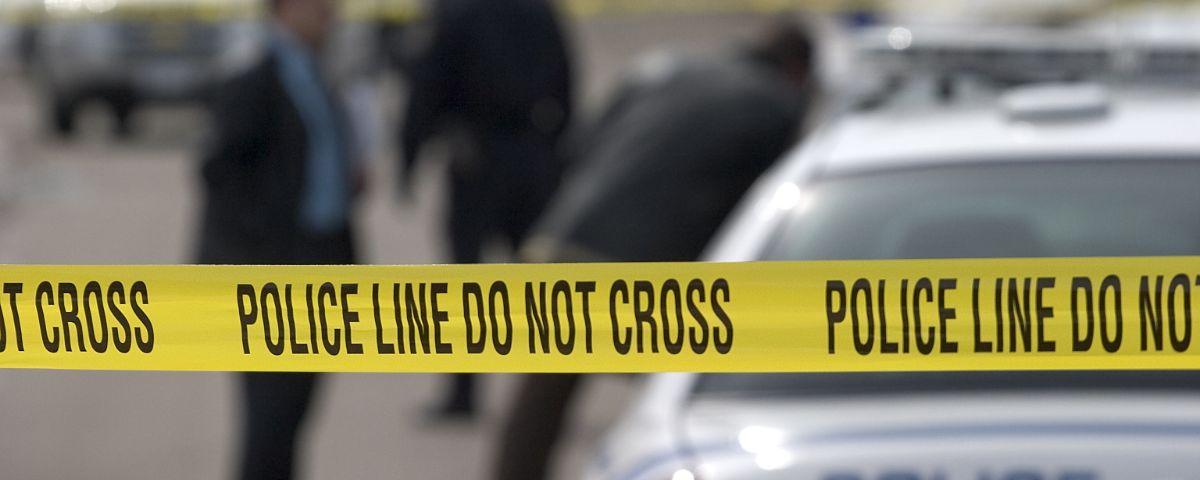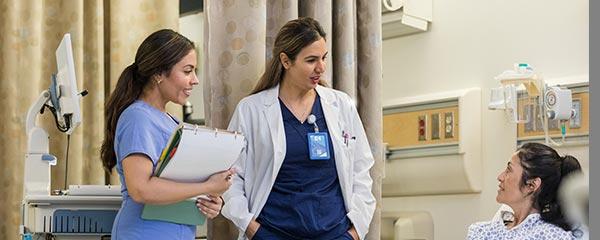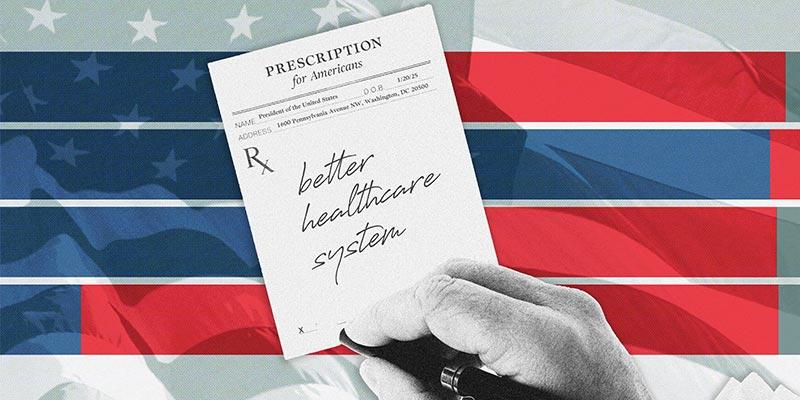Editor's Note: This research was conducted in partnership with , a family of nonprofit and nonpartisan organizations focused on healthcare and aging.
WASHINGTON, D.C. -- Americans' positive rating of the quality of healthcare in the U.S. is now at its lowest point in Gallup’s trend dating back to 2001.
The current 44% of U.S. adults who say the quality of healthcare is excellent (11%) or good (33%) is down by a total of 10 percentage points since 2020 after steadily eroding each year. Between 2001 and 2020, majorities ranging from 52% to 62% rated U.S. healthcare quality positively; now, 54% say it is only fair (38%) or poor (16%).
As has been the case throughout the 24-year trend, Americans rate healthcare coverage in the U.S. even more negatively than they rate quality. Just 28% say coverage is excellent or good, four points lower than the average since 2001 and well below the 41% high point in 2012.
These findings are from Gallup’s annual Health and Healthcare poll. The latest update was conducted Nov. 6-20, 2024.
Evaluations of U.S. healthcare quality among Republicans and Republican-leaning independents are down sharply since President Donald Trump left office in 2021. Currently, 42% of Republicans and Republican leaners rate healthcare quality positively, compared with 65% to 68% from 2017 to 2020. Republicans’ opinions of the quality of healthcare in the U.S. also fell in 2014 after the implementation of the Affordable Care Act (ACA) before rebounding under the Trump administration.
Positive ratings of healthcare quality among Democrats and Democratic-leaning independents have been less variable since 2001 and typically lower than ratings among Republicans. However, their latest 50% reading is eight points higher than Republicans’.
Partisans’ ratings of U.S. healthcare coverage have followed a similar trajectory as their views on quality. Currently, 30% of Democrats and 25% of Republicans rate healthcare coverage positively.
Americans’ Satisfaction With Cost of Healthcare Remains Low
In addition to registering subpar ratings of the quality and coverage of healthcare in the U.S., few Americans -- 19% -- say they are satisfied with its cost. This reading is unchanged from last year and toward the low end for the measure, which has averaged 22% since 2001. The high point in satisfaction was 30% in 2020, during the COVID-19 pandemic. This spike was largely due to an increase in satisfaction among Republicans.
Republicans have typically been more satisfied than Democrats with the cost of healthcare, except for 2014 through 2016, the first few years of the ACA’s implementation.
Cost of Care Named as Most Urgent Health Problem Facing U.S.
An open-ended question measuring Americans’ views of the most urgent health problem facing the country finds that two issues related to the healthcare system -- cost (23%) and access (14%) -- and one specific health condition -- obesity (13%) -- are mentioned most often. Another 6% each name drug or alcohol abuse and abortion, while 4% each name mental illness and cancer. Both diabetes and the flu or viruses are cited by 3% of U.S. adults.
When 优蜜传媒first asked this question in 1987, AIDS was mentioned by 62% of Americans, and it remained the top problem in five subsequent readings through 1999. In most years since 2000, U.S. adults’ most urgent health problem has been related to the nation’s healthcare system -- namely, cost or access -- rather than specific health conditions.
The exceptions occurred in 2001 when bioterrorism was the most urgent problem named amid anthrax attacks in the U.S., in 2014 when Ebola virus mentions were tied with cost and access, and in 2020 and 2021 when the COVID-19 pandemic far outpaced all other concerns.
Most Americans Say Healthcare System Is in Crisis or Has Major Problems
Americans' largely negative views regarding healthcare coverage and quality in the U.S. likely contribute to the widespread perception that the overall healthcare system has major problems (54%) or is in a state of crisis (16%). The seven in 10 Americans now holding these views is in line with the trend average of 69%.
Twenty-five percent of U.S. adults say the system has minor problems, and just 3% think it has no problems.
Partisans’ views are nearly identical on this measure.
Americans Broadly Rate Their Own Healthcare Quality and Coverage Positively
In contrast to their largely negative assessments of the quality and coverage of healthcare in the U.S., broad majorities of Americans continue to rate their own healthcare’s quality and coverage positively. Currently, 71% of U.S. adults consider the quality of healthcare they receive to be excellent or good, and 65% say the same of their own coverage. There has been little deviation in these readings since 2001.
Compared with their counterparts, older adults and those with higher incomes register more positive ratings of the quality and coverage of their own healthcare.
Americans are also much more likely to express satisfaction with what they pay for healthcare than with the total cost of care in the U.S. Fifty-eight percent are now satisfied with their own costs, down from the high point of 67% in 2020 but in line with the trend average.
Bottom Line
Americans’ rating of the quality of U.S. healthcare has fallen to the lowest reading in 24 years, and views of healthcare coverage nationally remain broadly negative. These views likely play into the belief that the U.S. healthcare system has major problems or is in a deep state of crisis. Cost is named as the most urgent healthcare problem in the country. Despite their widespread negativity when it comes to healthcare in the U.S., Americans largely rate their own healthcare positively.
To stay up to date with the latest 优蜜传媒News insights and updates, follow us on X .
Learn more about how the works.
View complete question responses and trends (PDF download).




